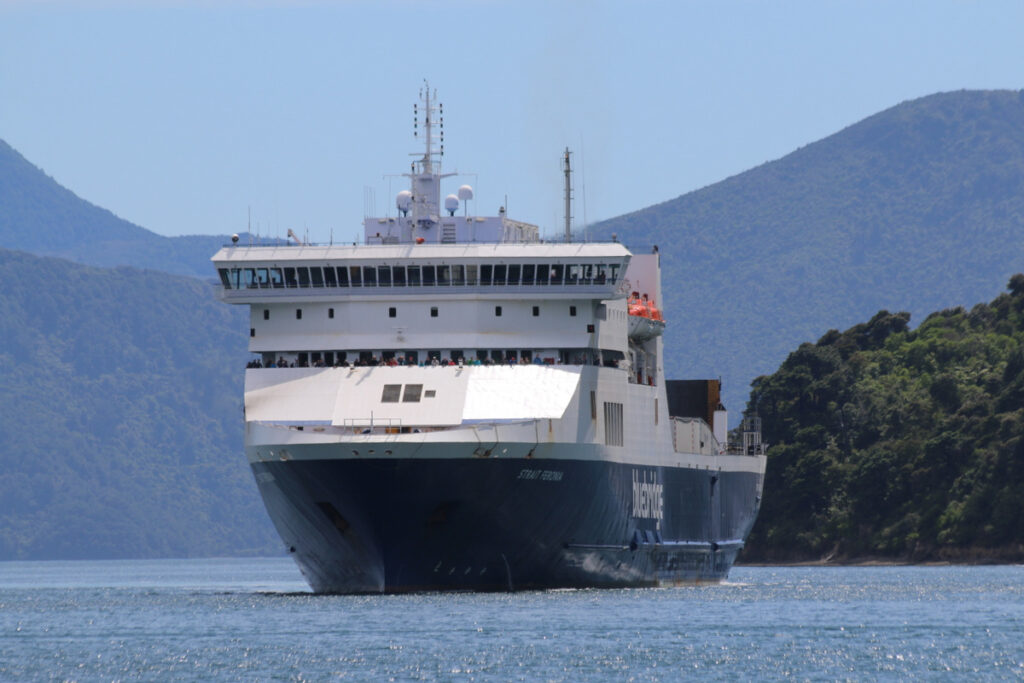PICTON, New Zealand — For many, the tiny South Island town of Picton is nothing more than the endpoint of the ferry.
Picton — or Waitohi in Māori — is the gateway to the South Island. Ferries drop countless travelers from the North here, and the city is a vital destination for both freight and passengers traveling via road and rail.
The town is named after Sir Thomas Picton, a Welsh military officer in the British Army and an associate of the Duke of Wellington, who died in 1815 during the Battle of Waterloo. In addition to the ferry terminal, many people know the town as home to the Queen Charlotte Track, but it is also home to a unique history, so be sure to take a moment to enjoy the town’s offerings before simply passing through on any Kiwi escapade.
The beauty of the city is immediately apparent along the town’s picturesque waterfront. The town’s picturesque waterfront and shop-lined streets quiet down as the sun goes down, but dinner along London Quay, the main waterfront boulevard, makes for the perfect wrap to a day of sightseeing.
Karaka Point
Surrounded by water and with cliffs dropping to the water, Karaka Point was the perfect location for a fortified pa (fort). The location provided the Māori an ideal location to monitor what is today known as Queen Charlotte Sound — first known as Totaranui — for potential invaders.
The area was initially named Te Rae o Te Karaka after the Ngati Chief Te Karaka; he settled in the area during the early 1700s. Today, it offers a stunning vista of Queen Charlotte Sound, formed an estimated 280 million years ago. The park includes historic earthworks and whare (house) pits that likely date to the early 1700s.
Edwin Fox Maritime Museum
The centerpiece of the Edwin Fox Maritime Museum is the remains of a ship that transported immigrants to New Zealand and Australia. The vessel, said to be the “oldest merchant sailing ship still afloat,” was built in 1853 in India; it is the only remaining ship that brought convicts to Australia.
After its sailing days were finished, the boat was used in the 1880s as a floating freezer and later as a coal store hulk. In about 1950, the Edwin Fox was left to rot on its moorings, but thankfully, she was saved and preserved as a museum piece.
Picton Museum (Picton Heritage & Whaling Museum)
This small museum located along London Quay is home to more than 2,000 artifacts that help tell the area’s history, including its strong roots in the whaling industry. While the museum has been around for 60 years, its current home was built in 1990 on the site of Waitohi Pa.
Picton War Memorial Arch
World War I helped define New Zealand as a country. As a result, many towns across New Zealand feature monuments to the Great War, and Picton is no different.
The monument in Picton was dedicated in 1925 and includes the names of 31 soldiers from the town who died during the War to End All Wars. Additions were added to the memorial to honor additional 20th century conflicts, including World War II and the Vietnam War.
